Search
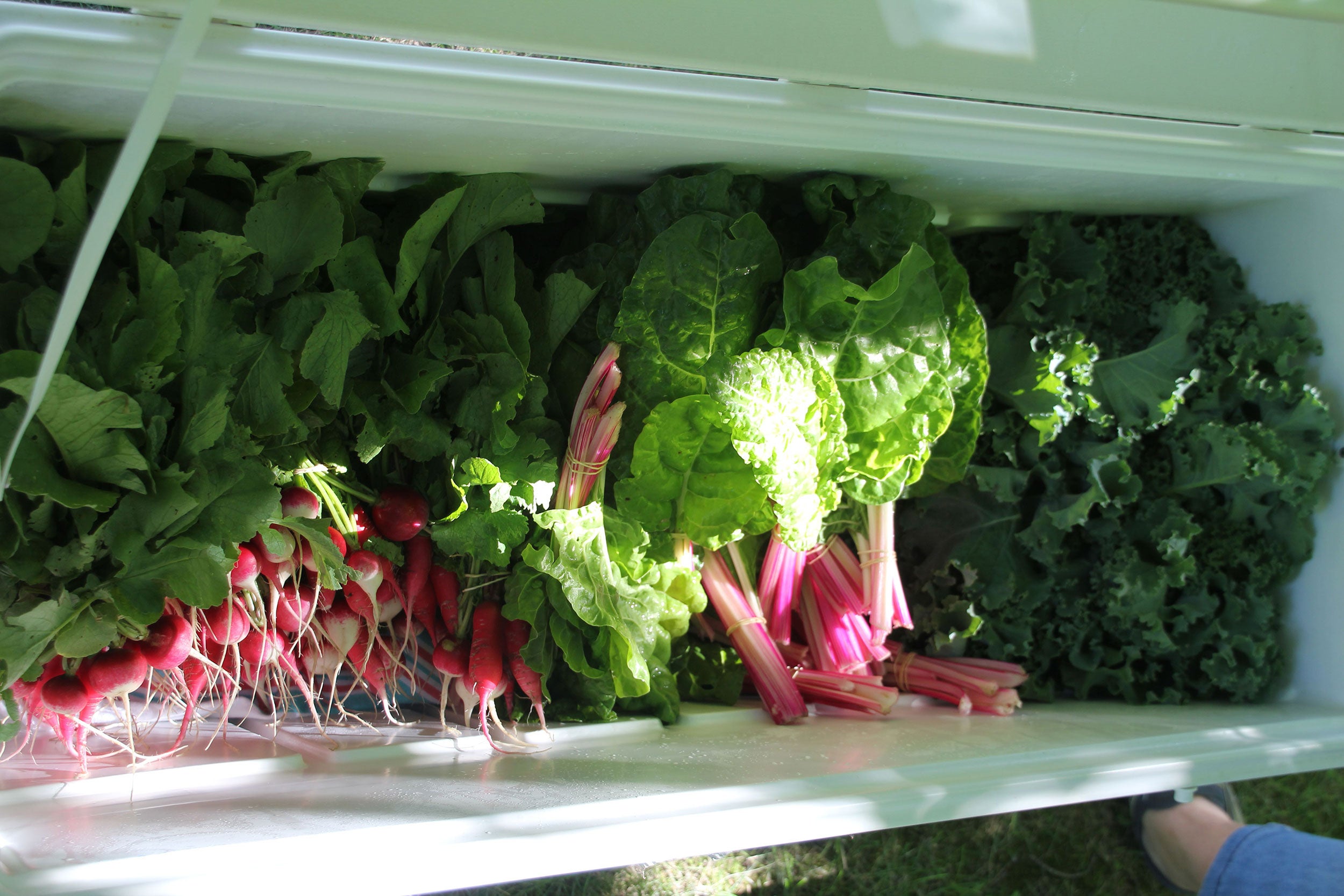
Container Gardens and CSAs
Just about all of us have room to grow a few vegetables, as long as you have some space where they can get good sun exposure for at least six hours a day. You don’t even have to have a garden!
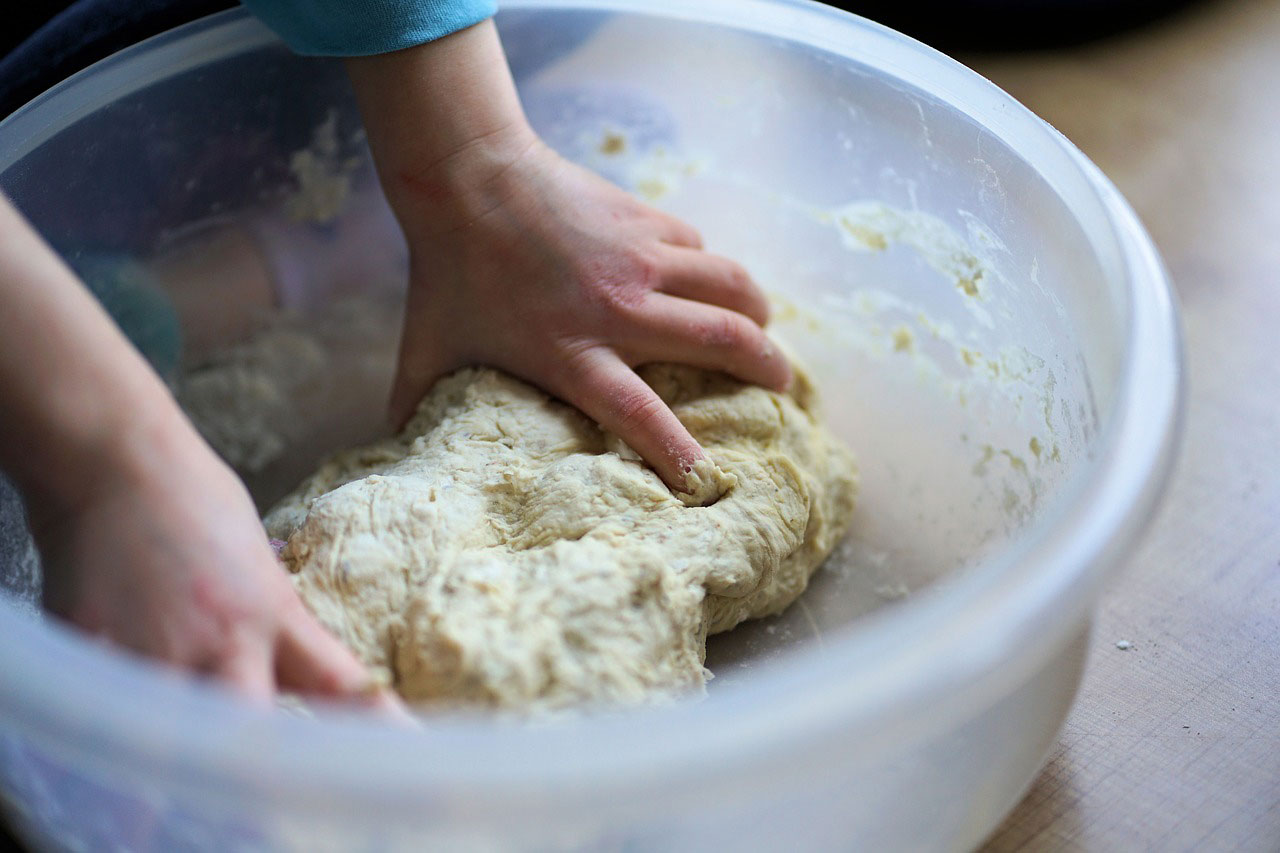
Hydrated Doughs and Batters: How to Safely Handle Food Safety Risks
Making dough and batter is one of the intermediary steps on your way to enjoying great foods, such as scones, cookies, cakes, donuts, pies and more. This article will help you understand the food safety risks associated with food types that have a hydrated batter.
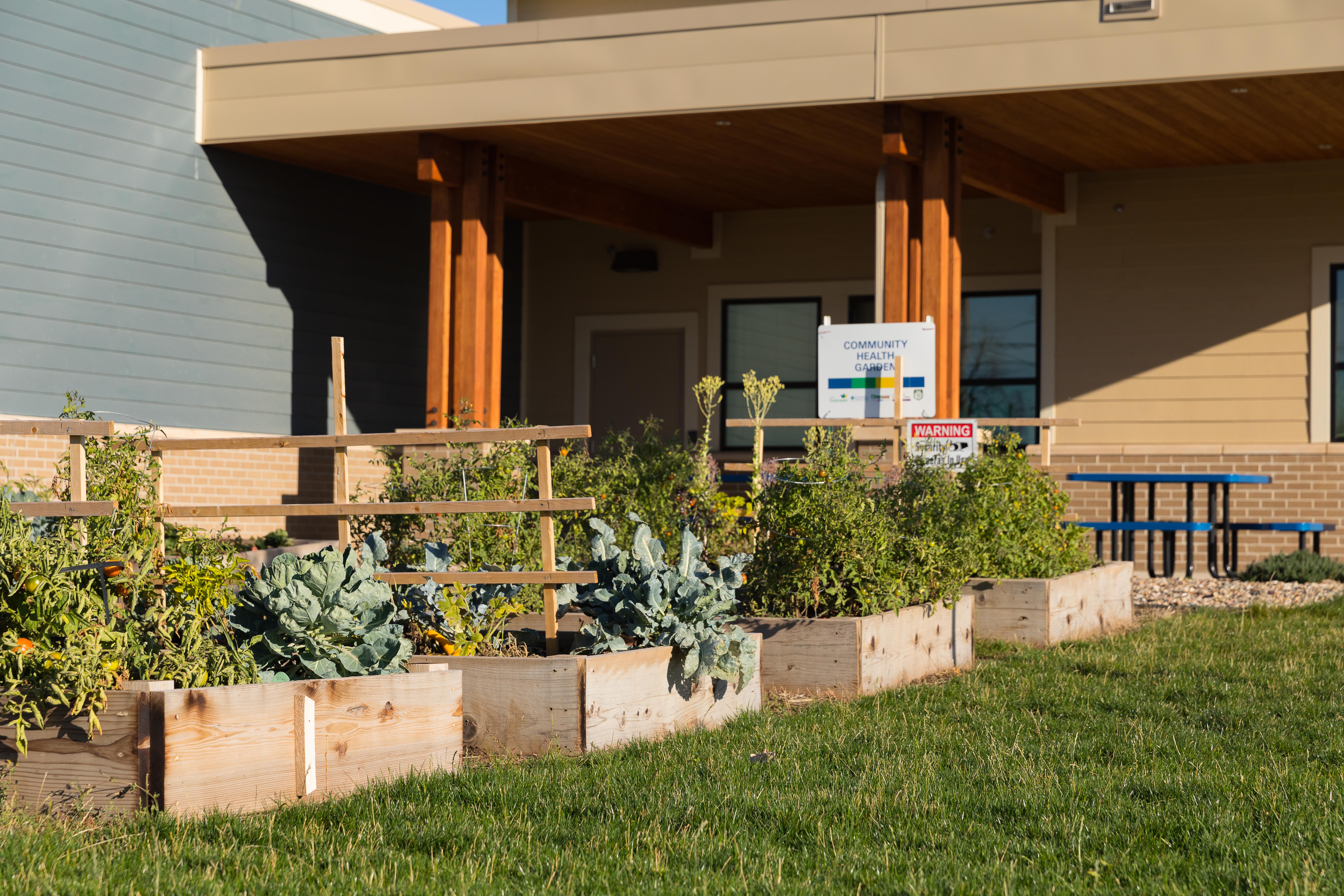
Community Gardens
Community gardens, organized by SDSU Extension staff and community volunteers, bring fresh produce to many rural communities and designated food deserts across the state.

Earl Dailey Memorial Endowment Grants
View the criteria and applications for the Earl Dailey Memorial Endowment Professional Improvement Grant and Project Grant.
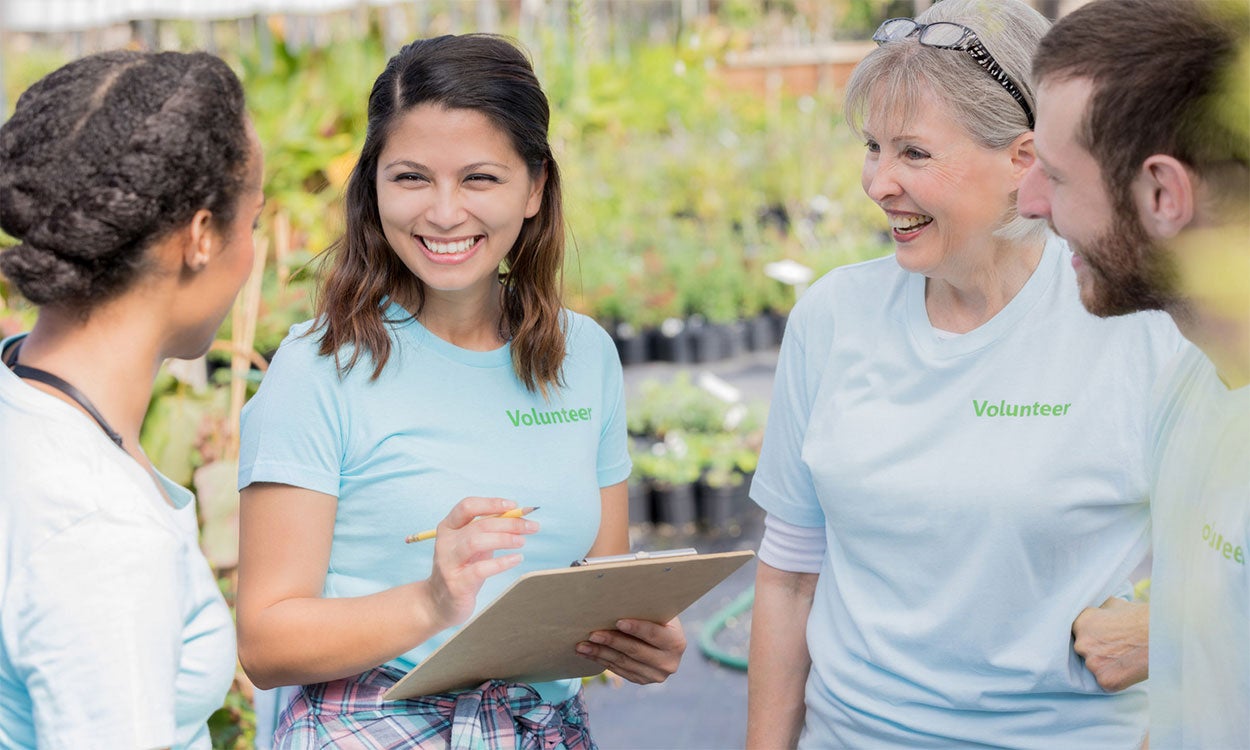
Master Gardener Volunteer Program
SDSU Extension’s Master Gardener program develops gardening enthusiasts into expert volunteers who share their research-based knowledge with community members across the state.
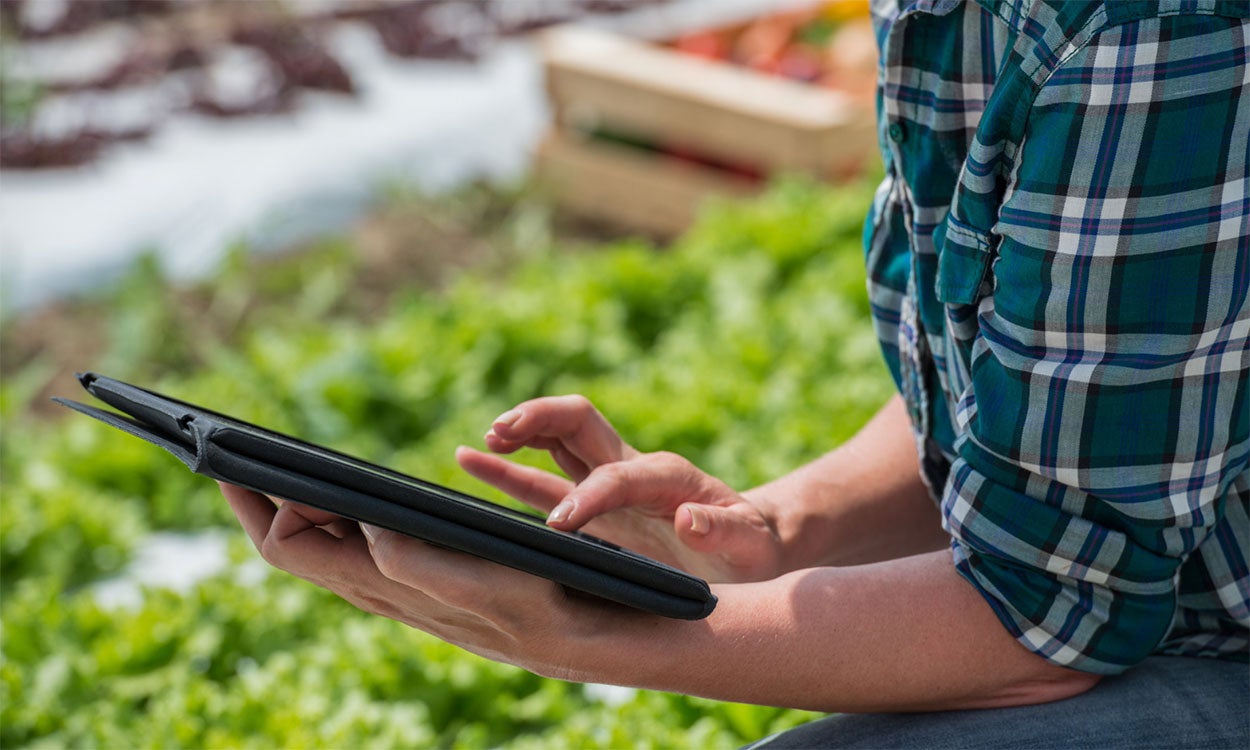
SDSU Extension Master Gardener Program Volunteer Policy Guide
This guide offers current and prospective SDSU Extension Master Gardeners information on: applying for the program, maintaining certification, categorizing and reporting service hours, understanding the various levels of volunteer service and much more!
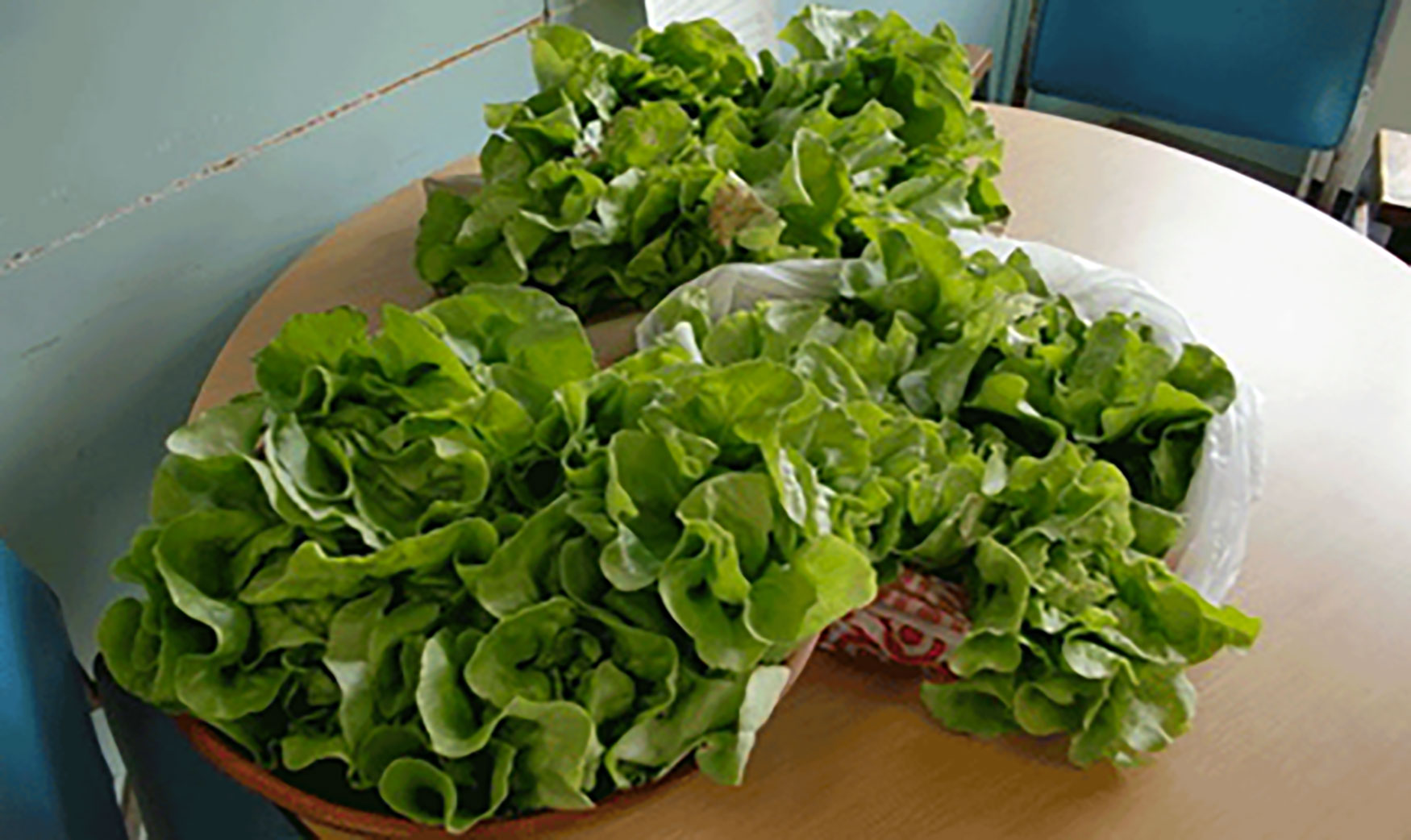
Best Practices When Harvesting Leafy Greens for Market and Home
The harvesting of leafy greens to maintain quality and safety focuses on the key risk factors from the time harvest begins to selling at market. The food safety risk factors involve temperature, time, water, worker hygienic practices, and food contact surfaces.
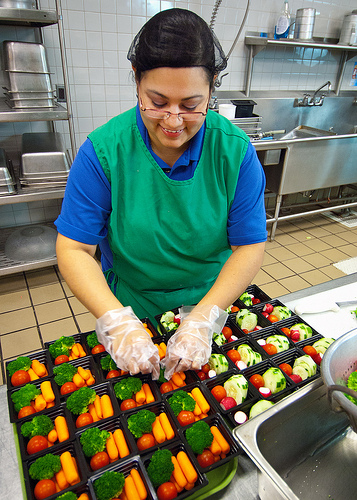
Disposable Gloves: Guidelines for Food Handlers
Improper handling of food and poor personal hygiene by food handlers are leading causes of foodborne illness. Disposable gloves do not take the place of good hygiene and proper hand-washing.

Local Foods: Whole Fresh Vegetables and Herbs
Fresh, whole raw fruits and vegetables grown in South Dakota can currently be sold without a food service license from the South Dakota Department of Health.